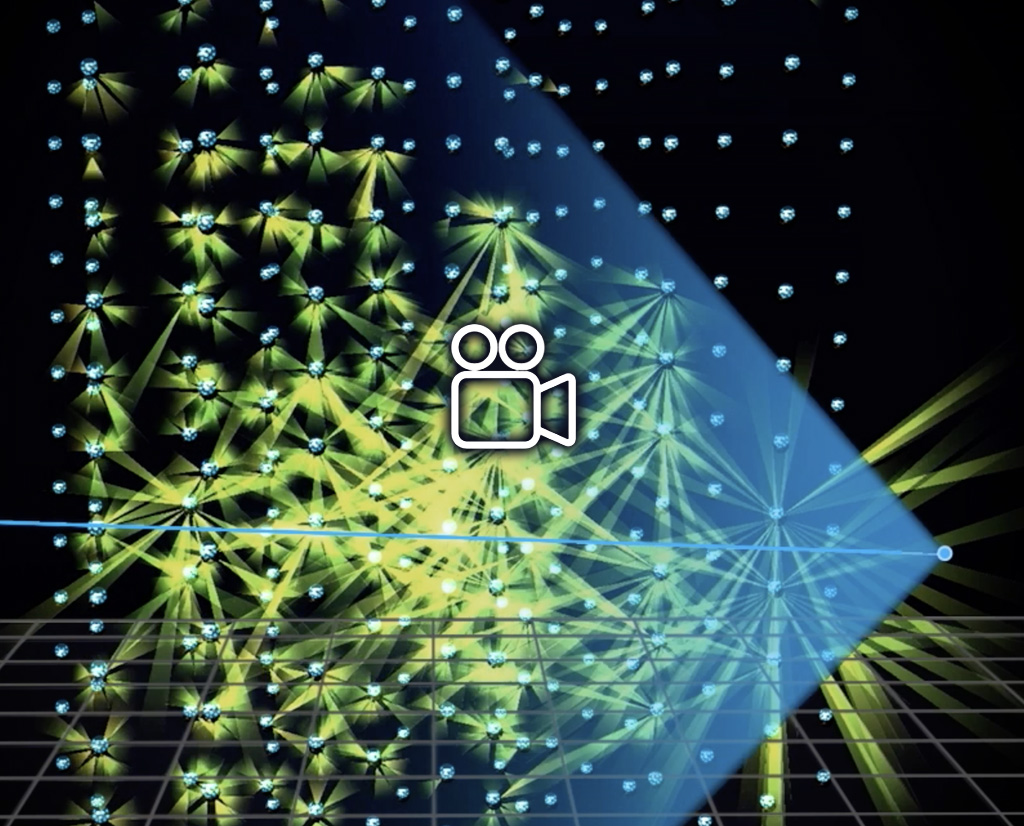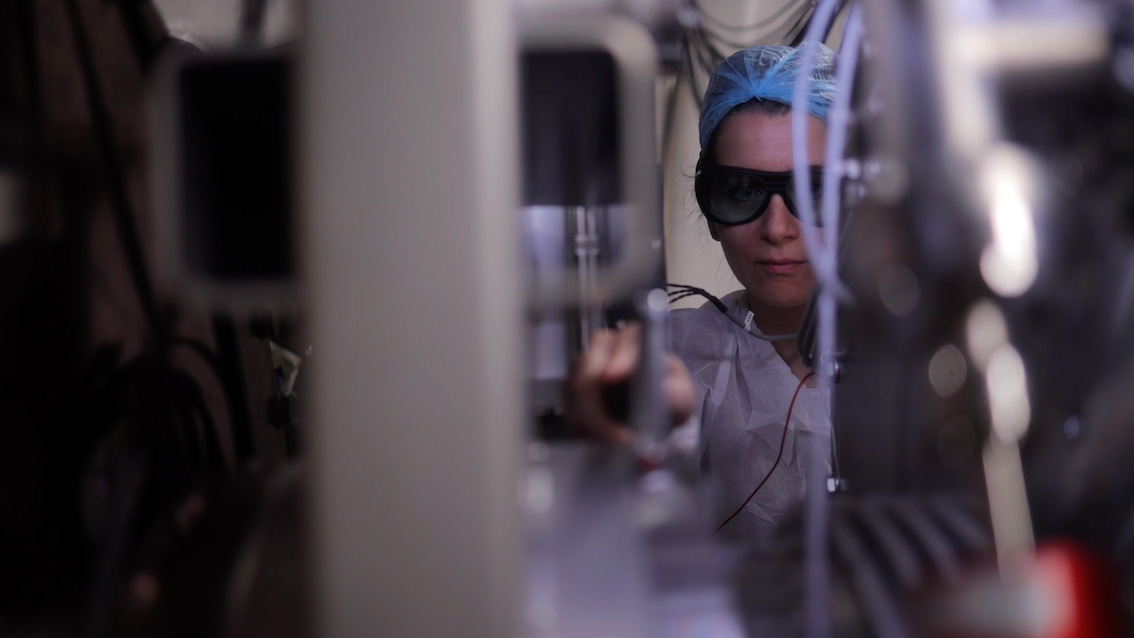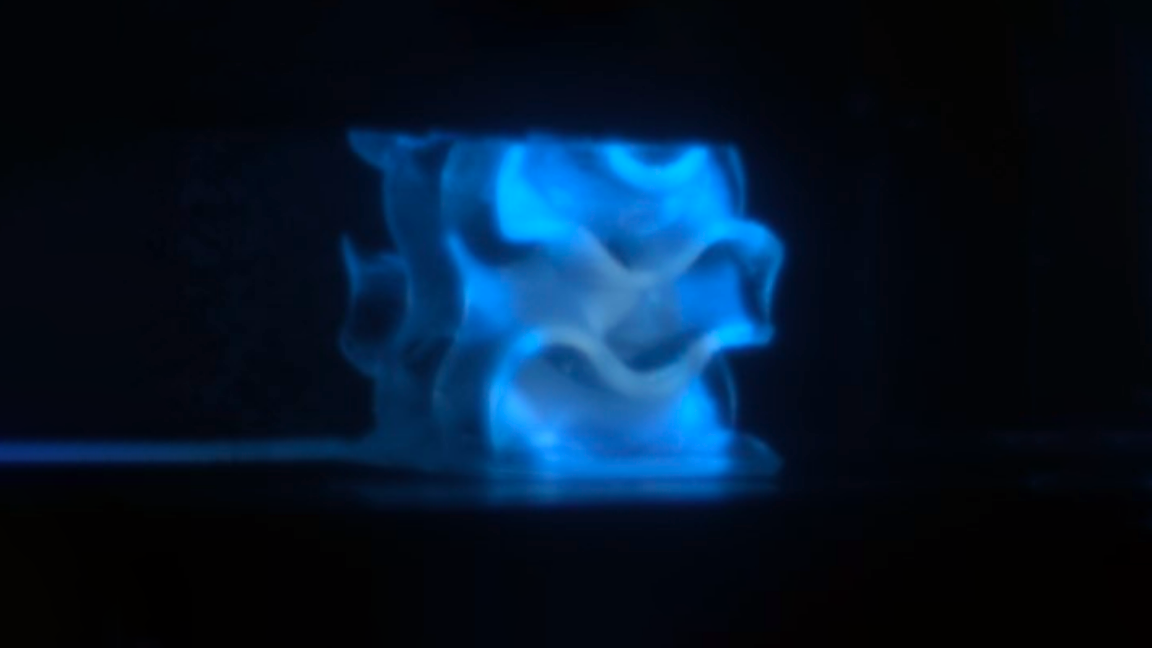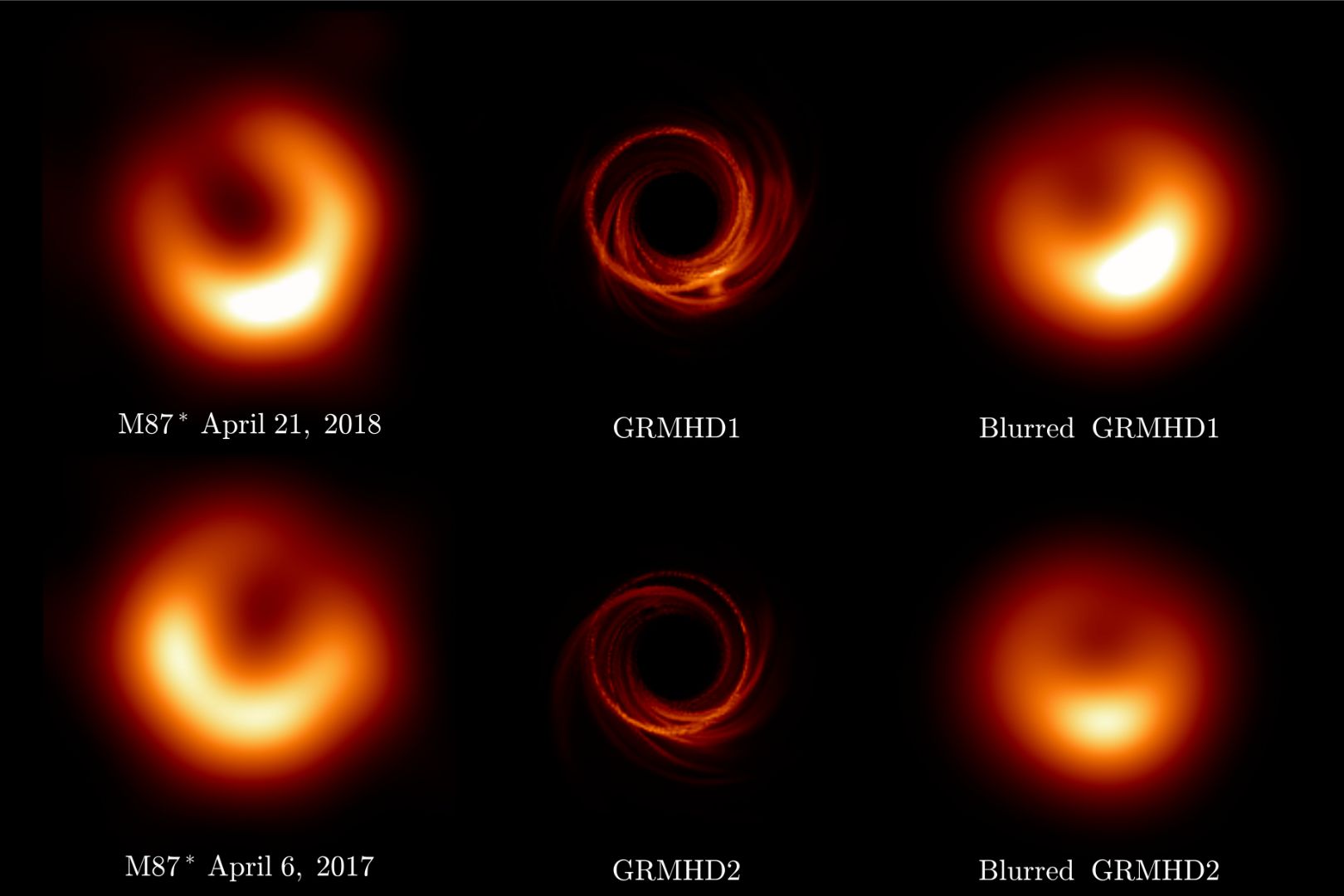 The first observation of the effect called ‘dead cone’ predicted by quantum chromodynamics (QCD, the theory that describes the strong interactions within atomic nuclei), according to which high-mass quarks produced in particle accelerators cannot irradiate small-angle energy, provides a new window on the mass of the charm quark. A study published on May 18, in the journal Nature disseminated the news. The study is by the ALICE (A Large Ion Collider Experiment) collaboration, one of the four large detectors of the LHC (Large Hadron Collider) of CERN, which includes an important contribution from INFN. Starting from the description that quantum chromodynamics provides of the ways in which the strong interaction manifests itself, we can understand the behaviour of the quarks, which, according to the confinement phenomenon, cannot be produced individually, but only in aggregated states, called hadrons. The theory also enables the prediction, after their creation, of the processes to which the quarks are subject. The quarks, quickly losing energy in the form of gluons, give life to a cascade of quarks and gluons called parton cascade (quarks and gluons are collectively called partons). The ALICE researchers analysed the particle cascades produced by the collisions between protons inside the LHC managing to isolate them and identify those produced by charm quarks (elementary particles that have a high mass).
The first observation of the effect called ‘dead cone’ predicted by quantum chromodynamics (QCD, the theory that describes the strong interactions within atomic nuclei), according to which high-mass quarks produced in particle accelerators cannot irradiate small-angle energy, provides a new window on the mass of the charm quark. A study published on May 18, in the journal Nature disseminated the news. The study is by the ALICE (A Large Ion Collider Experiment) collaboration, one of the four large detectors of the LHC (Large Hadron Collider) of CERN, which includes an important contribution from INFN. Starting from the description that quantum chromodynamics provides of the ways in which the strong interaction manifests itself, we can understand the behaviour of the quarks, which, according to the confinement phenomenon, cannot be produced individually, but only in aggregated states, called hadrons. The theory also enables the prediction, after their creation, of the processes to which the quarks are subject. The quarks, quickly losing energy in the form of gluons, give life to a cascade of quarks and gluons called parton cascade (quarks and gluons are collectively called partons). The ALICE researchers analysed the particle cascades produced by the collisions between protons inside the LHC managing to isolate them and identify those produced by charm quarks (elementary particles that have a high mass).
You might also be interested in

EuPRAXIA chooses ELI Beamlines as second site for laser-driven accelerator

The record neutrino observed by KM3NeT
07 February 2025
Read more The record neutrino observed by KM3NeT

INFN celebrates the STEM WEEK and the International Day of Women and Girl in Science 2025

International Year of Quantum Science and Technology, 2025
03 February 2025
Read more International Year of Quantum Science and Technology, 2025

A new generation of plastic scintillators thanks to 3d printing

Capturing the accretion flow of M87* black hole
22 January 2025
Read more Capturing the accretion flow of M87* black hole